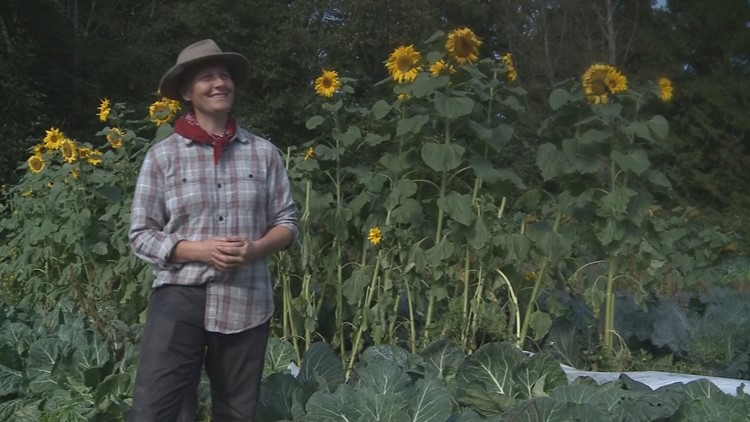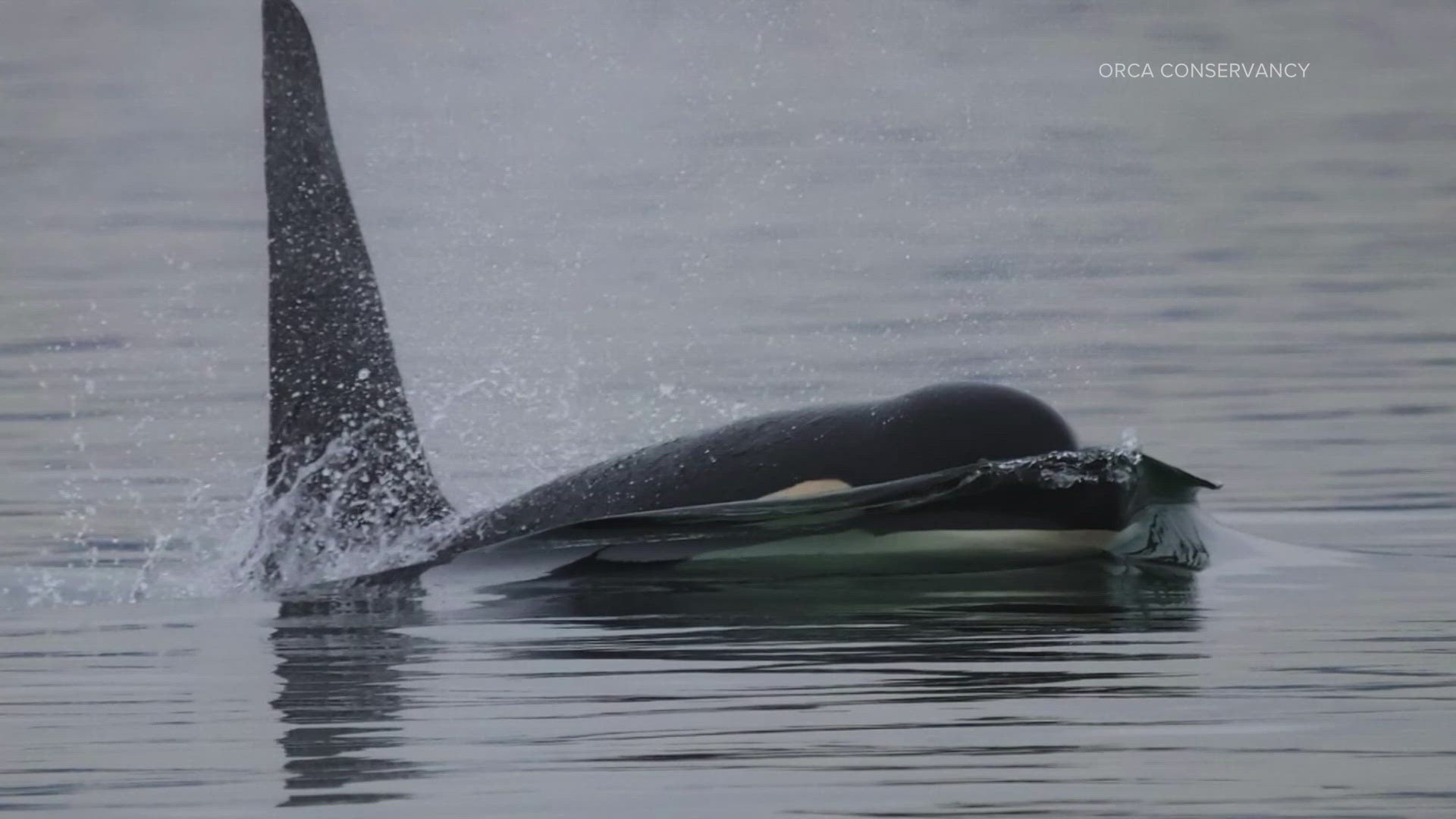TV ads for and against I-1631, a carbon tax initiative on this year's ballot that would put a $15 per ton fee on carbon emissions, are running with fervor in the weeks leading up to the vote.
The tax has divided one important group of Washington business owners: farmers.
Some see it as an important investment in a carbon-free future, but others say the costs will hurt many growers without any guarantees.
The most ubiquitous ad features Rosella Mosby, who had never been in a political ad campaign on TV until she heard about Washington's carbon tax.
"We are concerned about our livelihood," she said. "I feel that this is going to have a major impact on the hardest working people in Washington state."
Mosby's livelihood is a first generation farm in Auburn that grows 350 acres with 25 full-time employees and about 100 seasonal workers. She's most worried the carbon tax will hurt her farm labor and the cost to get food to markets, without a guarantee that more taxes will solve the problem.
"We are regulated at a county, state, and federal level. Every new fee, or every new tax, is less that the farmer gets in return at the end of the season," she said.
Mosby hosts student internship programs to grow the next generation of farmers, and her hope for new generations of farmers sounds a lot like Elizabeth Wheat.
"One of the reasons I am farming is because I want to have something that is really meaningful that I can turn over to my daughter and other young people who want to become farmers. So, I am investing in the future with my life. It's not really a big deal for me to invest in the future with a small tax," Wheat said.
Elizabeth Wheat farms on a much smaller scale than the Mosby's, with 3 acres of vegetables along with laying chickens and goats for meat.
She says they'll also face higher costs with the tax but she sees it as the best available option, saying the system has to change and the government needs to change it.
"I don't always trust the government to do the best job it's going to do with our money, but we need leadership," she said. "It is really hard to make money farming because the sun, it has a hard time competing with oil."
Wheat doesn't want the bill dividing farmers because she says they all have a lot more in common than a political initiative.
"I suspect that I have a lot more in common with farmers who dispute this bill than I have in common with a lot of other people. I bet there is a lot more we agree on than there is that we disagree on," Wheat said.
Both women want a healthier environment and believe farmers are important stewards of the land.
"We want to stay in business. We want to continue to produce for our local region. I am pro-farmer. We are a pro-farmer farm," Mosby said. "It makes no sense to me that farmers steward land and offer carbon sequestration, yet there are places in Western Washington that are so toxic and filthy due to human waste and garbage. The government isn't proving itself responsible with existing funds to face pressing environmental issues. Why should we give them more money?"



